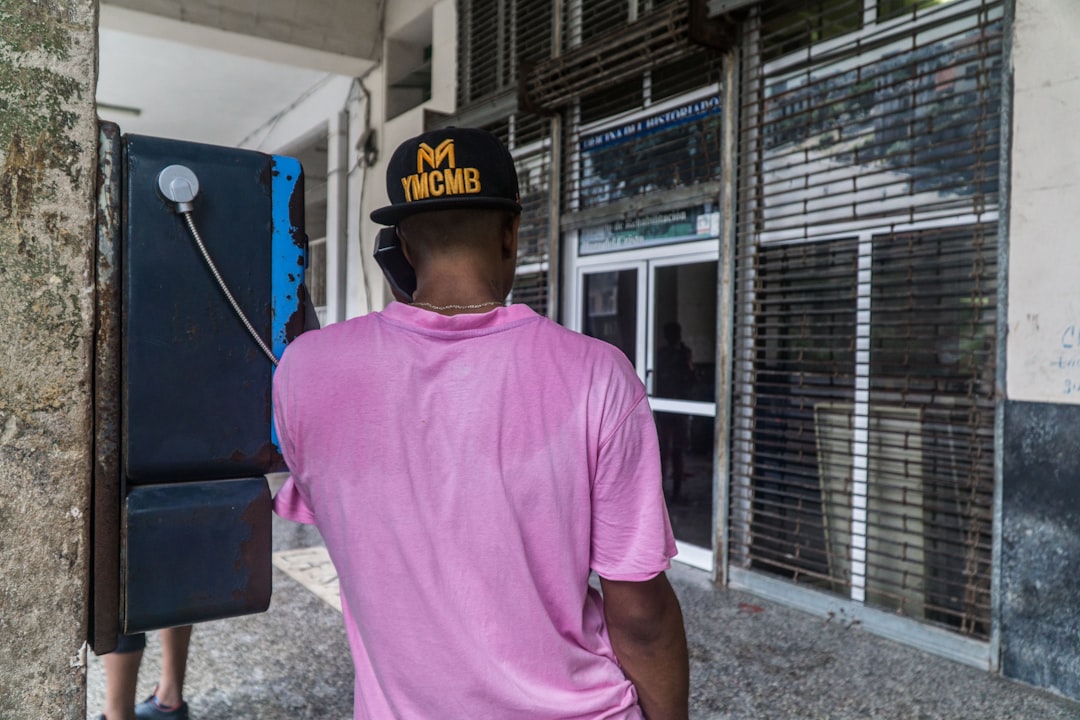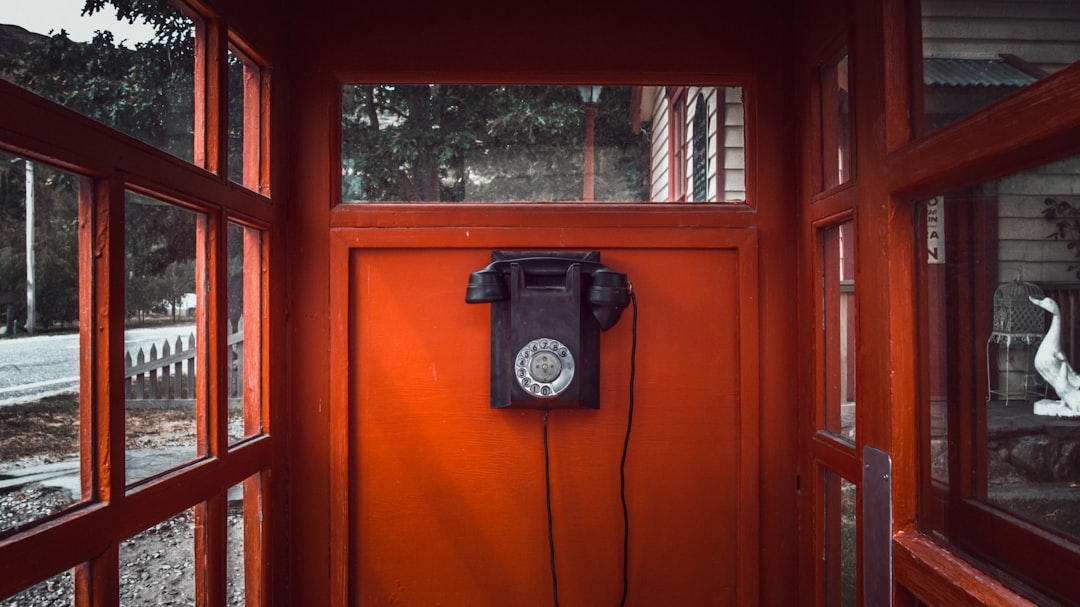In Houston, robocall violations, particularly from law firms using automatic dialing systems without consent, are addressed under the Telephone Consumer Protection Act (TCPA) and Texas Telemarketing Protection Act (TTPA). Residents can protect themselves by documenting and recording calls, informing callers of their desire to stop contact, and retaining records. Legal action is available if calls cause distress or financial loss. Consulting specialized Do Not Call law firms in Houston is crucial for navigating these cases successfully, as they ensure compliance with laws and have a proven track record in handling similar situations. When choosing a law firm, consider their expertise in Texas' consumer protection laws, prior successes, reputation, and resources dedicated to your case.
Navigating robocall violations in Houston? You have rights. Learn how to sue for these intrusive, illegal calls and protect your privacy. This guide breaks down the process, from understanding local regulations on Do Not Call lists to choosing the right legal representation. Discover your options, determine eligibility, and explore the steps involved in filing a lawsuit against persistent robocallers. Take control of your phone line and reclaim peace of mind.
Understanding Robocall Violations in Houston

In Houston, robocall violations refer to automated telephone marketing calls that are unwanted or unauthorized. These calls often originate from law firms or other entities using automatic dialing systems to contact residents en masse. While some robocalls promote legitimate services or products, many fall into gray areas or outright violate consumer protection laws. One common violation is when law firms use robocalls to market their services without prior consent, known as the Telephone Consumer Protection Act (TCPA).
Understanding these violations is crucial for Houston residents who wish to protect themselves from annoying and often deceptive marketing tactics. The TCPA outlines specific rules regarding consent, opt-out mechanisms, and restrictions on certain types of calls. If a law firm or any caller fails to adhere to these guidelines, individuals have the right to take legal action. This may involve filing a complaint with regulatory bodies or suing for damages, especially if the robocalls cause emotional distress, invade privacy, or lead to financial loss. Houston residents should remember their rights and consider consulting legal experts specialized in Do Not Call laws to navigate potential cases effectively.
Eligibility to Sue: Who Can Take Legal Action?
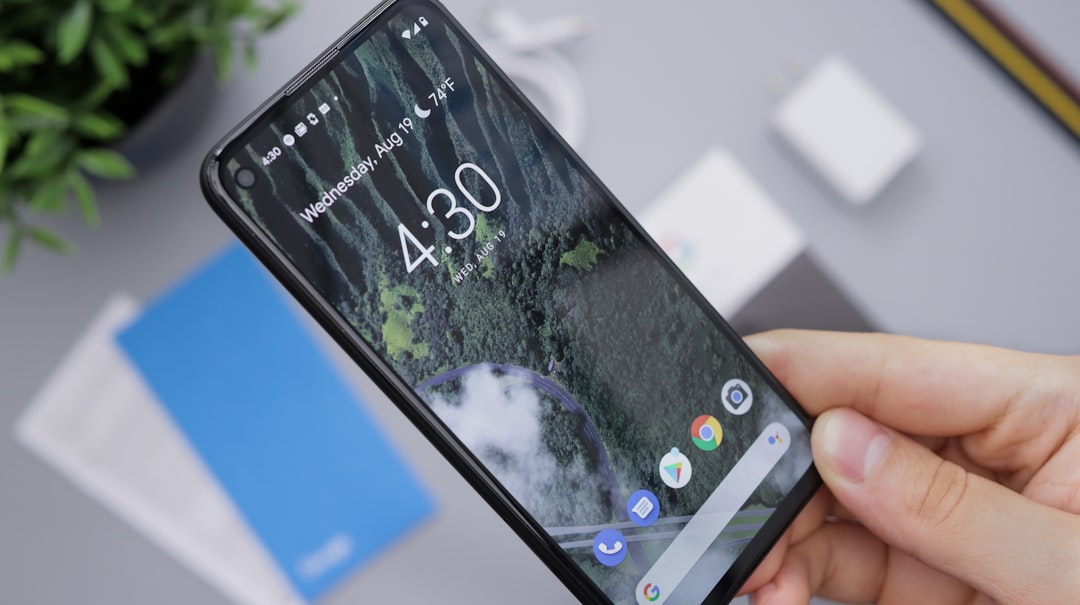
In Houston, Texas, individuals who have experienced unwanted and harassing robocalls from telemarketers or any violation of the Texas Telemarketing Protection Act (TTPA) are eligible to take legal action. The TTPA is a state law designed to prevent abusive telemarketing practices, including repeated calls despite the recipient’s requests to stop. If you’ve received these types of calls and wish to sue, you must have exhausted certain steps first. Typically, this involves documenting each call, recording relevant conversations (with consent), and informing the caller that you do not wish to be contacted again—all while keeping receipts or records of any actions taken.
To initiate a lawsuit, you need to prove that the calls were unwanted and that they violated your rights under the TTPA. This may include demonstrating that the calls were made without your prior consent, continued despite your “do not call” requests, or used deceptive or misleading tactics. If you can provide these elements of proof, you could be eligible to sue in a Houston court for actual damages, statutory penalties, and attorney’s fees. It’s advisable to consult with a local legal professional who specializes in consumer protection law, especially given the specific rules around “do not call” laws and telemarketing violations in Texas, including Houston.
The Legal Process: Steps to File a Lawsuit
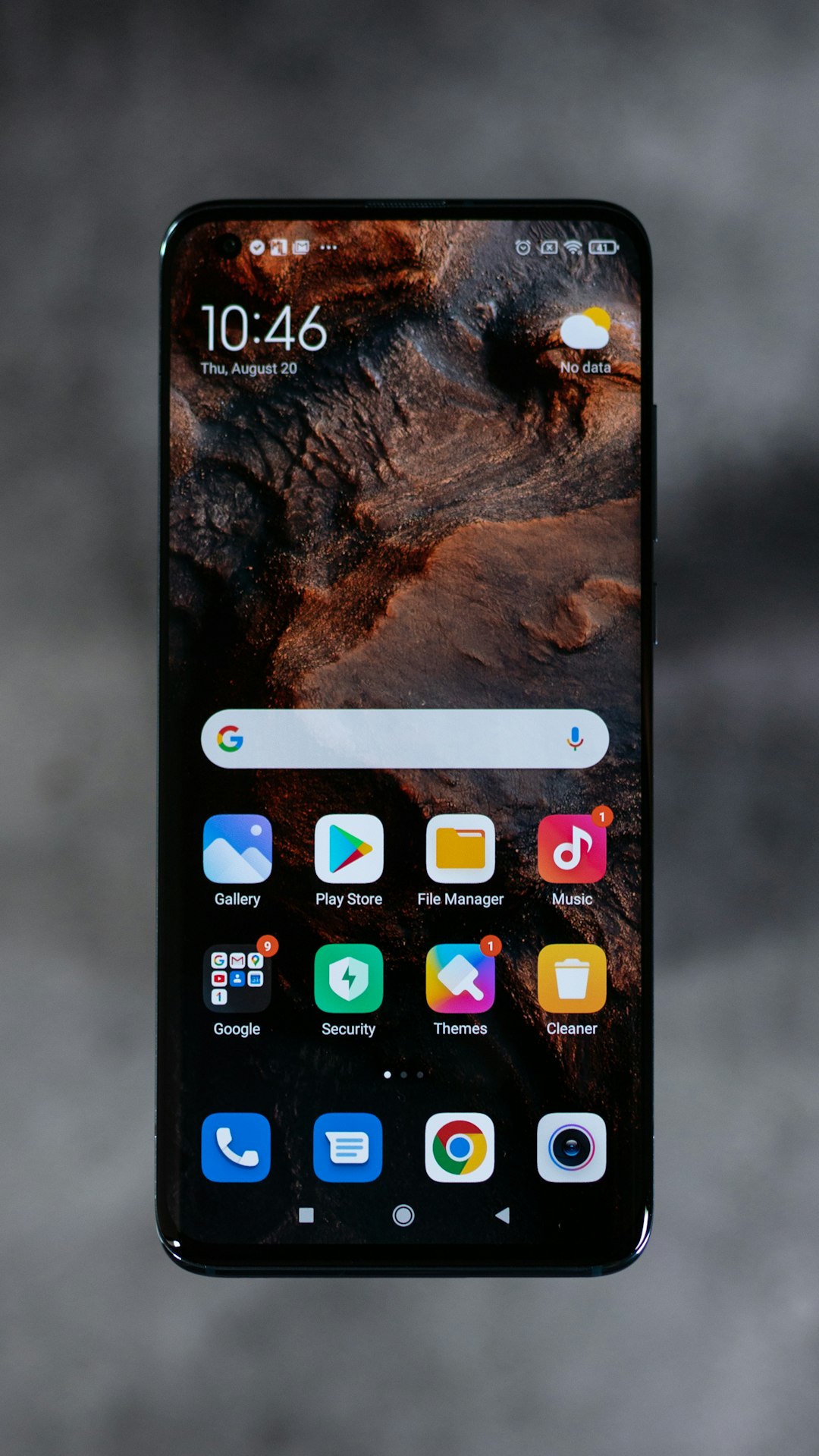
When considering legal action against robocall violators in Houston, understanding the legal process is a crucial step. The journey to file a lawsuit begins with gathering evidence—record all suspicious calls, including dates, times, and any specific messages received. Keep detailed records of any attempts to opt-out or block these calls. These documents will serve as your foundation for the case.
Next, identify the responsible party or parties behind the robocalls. This might involve researching call patterns, caller ID information, or even social media accounts associated with the callers. Once identified, consult with a legal professional who specializes in telemarketing and consumer protection laws, especially those experienced in handling Do Not Call law violations in Houston. They will guide you through the process, ensuring your case is filed correctly within the allotted time frame, typically within one year of the violation.
How to Choose the Right Law Firm for Your Case
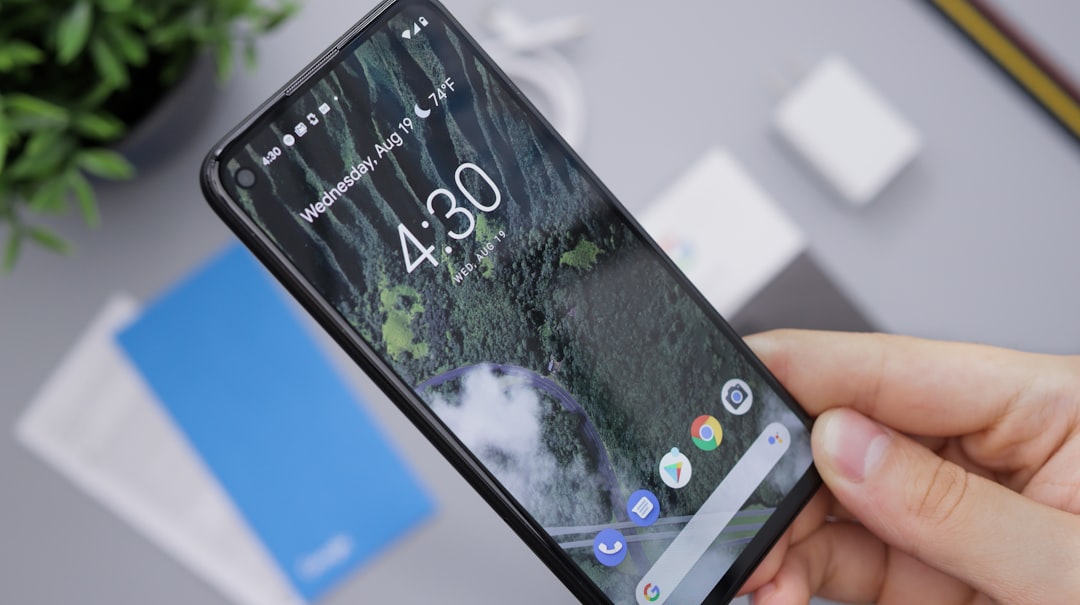
When considering legal action against robocall violators, choosing the right law firm is a crucial step. Look for a firm with a proven track record in handling similar cases and a deep understanding of Texas telephone consumer protection laws. Experience matters; a firm that has successfully sued Do Not Call law firms in Houston can provide valuable insights into navigating these legal battles.
Research their reputation, client testimonials, and the attorneys’ qualifications. Ensure they have the resources to dedicate to your case, including access to expert witnesses and up-to-date legal technology. The right firm will not only guide you through the legal process but also fight aggressively on your behalf to ensure justice is served.

